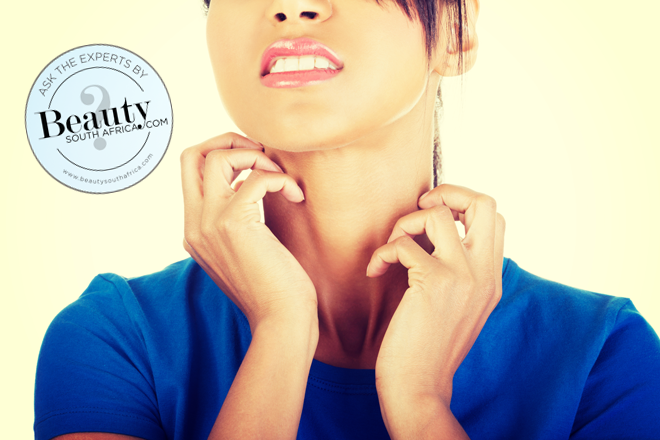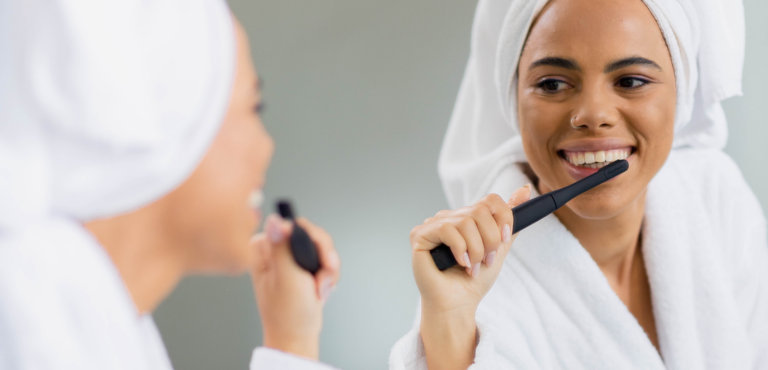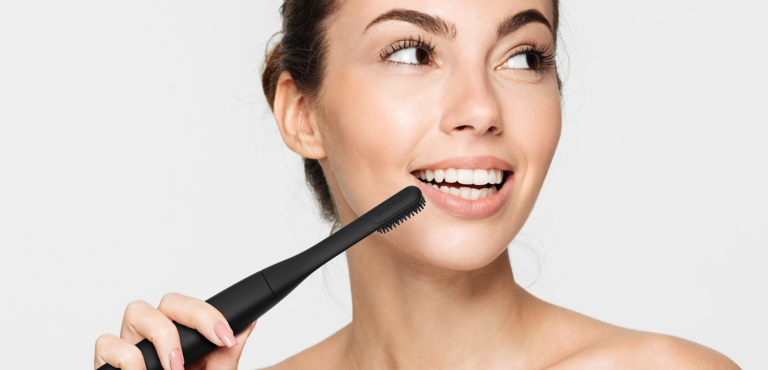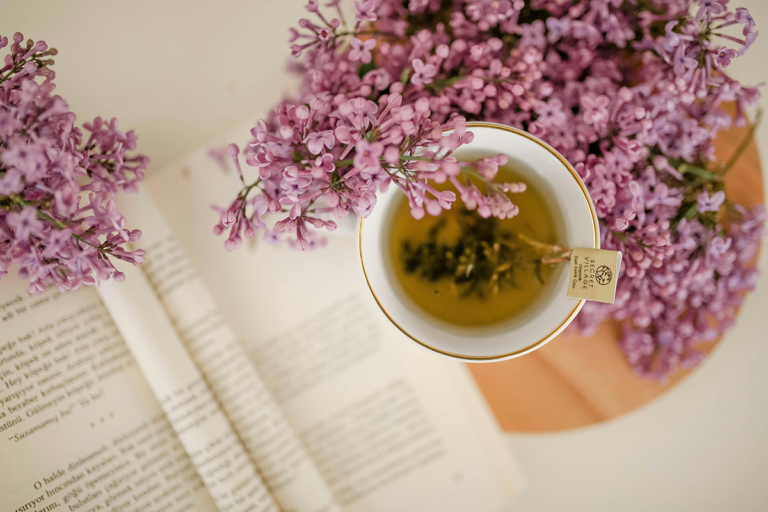
Dry skin is often associated with cold winter months, but it’s a constant problem for some throughout the year. Your skin consists of various layers –the epidermis (outermost layer that prevents infection), the dermis (a kind of cushion for the body that also contains glands, follicles, vessels and connective tissue) and the hypodermis (which is not really part of your skin, but helps attach it to bones and muscles).
The epidermis prevents the body losing moisture. When this barrier fails (epidermal barrier dysfunction), you get dry skin. Moisturisers don’t add ‘moisture’ to the skin – they form a layer to assist your epidermal barrier and prevent moisture which naturally occurs in your body from escaping.
Dry skin can make a face look dull and older than it is and patchy looking skin on the body can also be a source of frustration. But the problem can be much worse, as with BSA reader Khalieda Osman, who asked: ‘What could be causing the extremely dry skin on my body? I tried a body wash for sensitive skin and then stopped it completely. My skin itches very badly and flakes off. What could the problem be?”
Skin Renewal founder, Dr Maureen Allem, replied:
What you are describing, sounds like a severely damaged barrier. If your skin’s barrier is compromised, your skin will be sensitive. It can be pink or red, will dry out easily and peel or flake. Anything you put on the skin will cause sensitivity, stinging or itching.
But your issue might not be related to an impaired barrier. It could be something like a form of eczema, an allergy or any number of things.
Possible problem: Sensitivity
When emotions run high, skin can behave like a petulant child. Neuropeptides, which make the skin feel sensitive and reactive, are partly to blame. Studies have shown that stress increases trans-epidermal water loss in the skin. As the upper layers of the skin become dehydrated, cells that were once plump and tightly pressed against one another shrivel and shrink. The gaps that form between cells invite irritants. Even people who normally have pretty healthy complexions may suddenly find that their regular creams are making them burn and itch, but it’s usually just temporary.
Solutions:
* Begin using a barrier repair cream (like Lamelle Barrier Repair Cream, or Neostrata Problem Dry Skin Cream, which works exceptionally well on the body for this kind of complaint) for at least two to three months.
* Consider taking supplements like vitamin D3 which are crucial for skin repair.
* Avoid things that overstimulate the skin, like retinoids, acids, harsh scrubs, and heavily fragranced products. Use only mild, hydrating cleansers with soothing ingredients, like feverfew, bisabolol, and green tea extract.
* Moisturise often with formulas containing dimethicone, ceramides and humectants (such as hyaluronic acid) – ingredients that repair the skin’s barrier and help it function better.
Possible problem: Eczema
Eczema is a term used for a group of medical conditions that cause the skin to become inflamed or irritated. The most common type is known as atopic dermatitis or atopic eczema. This refers to a group of diseases with a tendency to develop other allergic conditions, like asthma and hay fever.
Eczema affects 10 to 20 percent of infants and 3 percent of adults and children in the U.S. Most infants who develop the condition outgrow it by their tenth birthday, while some people continue to have symptoms on and off throughout life. With the correct treatment, the disease often can be controlled.
Eczema is almost always itchy. Sometimes the itching will start before the rash shows. When it does, the rash most commonly appears on the face, back of the knees, wrists, hands, or feet. Other areas may also be affected.
Affected areas usually appear very dry, thick, or scaly. In fair-skinned people, these areas may initially appear reddish and then turn brown. With darker-skinned people, eczema can affect pigmentation, making the affected area lighter or darker.
Solutions:
* Aloe vera gel is a great anti-inflammatory and has a soothing, healing effect on eczema. If you have an aloe vera plant at home, even better! Simply pick a leaf, squeeze out some gel and apply as needed.
* Virgin coconut oil also has soothing, healing properties and will prevent your skin from drying out. Apply a little after you’ve rubbed in some aloe vera.
* Omega 3 essential fatty acids are also believed to help reduce inflammation in the body. Try to eat three servings per week of oily fish such as tuna, mackerel, sardines and salmon, or take a fish oil supplement. Drink plenty of water as well to stay hydrated from the inside out.
Possible problem: Rashes
It’s possible to break out in a rash even if you haven’t been within 100 kilometres of poison ivy. Emotions can bring on itching, bumps, and flakes. It’s random and can happen to anyone. Those with a history of eczema or psoriasis – genetic, immune-related rashes – get hit harder, because stress sets off T-cells (white blood cells) and cytokines (proteins that regulate inflammation), exacerbating these conditions. In the case of psoriasis, ‘over-activated’ T-cells, with the cells and chemicals they switch on, tell the skin to turn over more quickly than it should – roughly every 8 days instead of 28. This causes cells to pile up, thicken and flake.
Solutions:
* Since anxiety is such a troublemaker for rash-prone people, some doctors prescribe psychological treatments along with dermatological ones. A low dose of anti-depressants or anti-anxiety drugs can often ease the stress responsible for flare-ups.
* In a study of psoriasis patients, those who listened to meditation tapes during light therapy sessions found that their skin cleared up 40 percent faster than those who only had the therapy.
* Hypnosis and a form of guided imagery may also alleviate symptoms. With the help of a psychologist who provides a narrative, patients think of images that can influence their physiology. For instance, they might imagine themselves in a pool of warm yoghurt to sate dry, itchy skin, or envision a soothing ray of light melting away the discomfort of psoriasis. Stress is unavoidable, but learning to manage the skin’s reaction to it is something many patients find incredibly empowering.
Did you know?
- Psoriasis is a very common condition.
- It may affect people of any age, but mostly commonly, it starts between the ages of 15 and 35.
- It is hereditary – although stress can make it worse.
- It cannot be spread to other people. Psoriasis causes cells to build up rapidly on the surface of the skin, forming silvery scales and itchy, dry, red patches that can be quite painful.
- There is no cure, but treatments (such as cortisone cream) can offer substantial relief.
These are some possible reasons for the problem, but consult a doctor or visit one of our Skin Renewal branches. Visit here to find a branch near you!
Do you have a question on skin or health for our experts? You can ask it here.






2 Responses
Hi
I have been getting itchy skin and some redness on my body
Using Canex T anti fungal and Allergex tabs
Any advice will help to stop the itch
Thanks
AJoffe
Aloe Vera and Bulbinella are effective, all-natural remedies for itchy skin. Thanks for the great article, BSA!